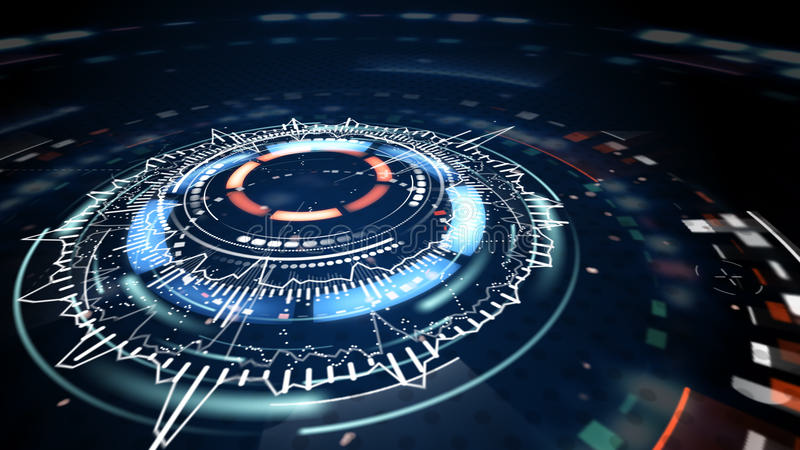
Blockchain’s Impact on Emotional States
Understanding Emotions and Blockchain
Emotions play a crucial role in our lives, impacting our behavior and decision-making. At the same time, blockchain technology is revolutionizing the way we handle data, transactions, and trust. Emotional states and blockchain may seem like unrelated topics, but the truth is that they are closely connected. In this article, we will explore the ways in which blockchain can impact our emotional states and how this, in turn, can influence blockchain adoption and development.
The Role of Emotional States in Blockchain Adoption
Blockchain adoption has been slow in many sectors, partly due to the fear of the unknown and resistance to change. Emotional factors also play a role, with people’s trust in new technologies heavily influenced by their emotional states. Fear can cause people to avoid new technologies, while positive emotions such as excitement and curiosity can encourage adoption. Understanding these emotional factors is crucial to drive blockchain adoption.
How Blockchain Technology Can Impact Emotional States
Blockchain technology has the potential to impact our emotional states significantly. The decentralization and transparency of blockchain can create trust and security, leading to positive emotions such as peace of mind and confidence. On the other hand, the lack of transparency and control in traditional systems can cause anxiety and stress.
Transparency: A Key Driver for Positive Emotions
Transparency is one of the essential features of blockchain technology. It allows users to see how the system works, who is involved, and how transactions are processed. This transparency can create trust and reduce anxiety, leading to positive emotions such as confidence and security.
The Effect of Decentralization on Trust and Emotions
Decentralization is another critical feature of blockchain. It removes the need for intermediaries, creating a trustless system where all users have equal rights and control. This decentralization can create a sense of empowerment and control, leading to positive emotions such as freedom and independence.
Empowering Users to Control Their Data and Emotions
Blockchain technology can empower users to control their data and, by extension, their emotions. With blockchain, users can decide who has access to their data, how it is used, and they can even monetize it. This control can create positive emotions such as autonomy and self-determination.
The Importance of Security in Emotional Well-being
Security is a crucial aspect of emotional well-being. With blockchain’s encryption and security features, users can feel safe knowing that their data and transactions are protected. This security can lead to positive emotions such as peace of mind and trust.
The Psychological Effects of Tokenization
Tokenization, the process of representing assets or ownership on the blockchain, can have psychological effects on users. Tokenization can create a sense of ownership and connection to assets, leading to positive emotions such as pride and attachment. In contrast, the lack of ownership in traditional systems can cause negative emotions such as resentment and detachment.
The Potential of Blockchain in Mental Health Care
Blockchain technology has the potential to revolutionize mental health care. With blockchain, patients can have control over their data and privacy, while doctors can have access to accurate and secure information. This transparency and control can lead to positive emotions such as trust and collaboration, improving patient outcomes.
Emotional Intelligence and Blockchain: A Synergy
Emotional intelligence is the ability to understand and manage one’s emotions and those of others. In the context of blockchain, emotional intelligence can play a crucial role in trust-building and collaboration. Emotional intelligence can help users navigate the complexities of blockchain technology, leading to positive emotions such as empathy and cooperation.
Emotional Analytics: Using Blockchain for Mood Prediction
Emotional analytics, the use of data to predict and analyze emotions, can have significant implications for blockchain technology. By using blockchain, emotional analytics can be secure, transparent, and ethical. This data can be used to develop personalized products and services, leading to positive emotions such as satisfaction and happiness.
The Future of Emotional States in the Blockchain Era
As blockchain technology continues to evolve and expand, the impact on emotional states will become more apparent. Understanding the emotional factors that influence blockchain adoption and development is crucial to harnessing the full potential of this technology. With transparency, control, security, and emotional intelligence, blockchain has the potential to transform the way we interact with data, transactions, and each other. The future of emotional states in the blockchain era is bright, and we are only beginning to scratch the surface of what is possible.

